COP28 President Dr. Sultan Al Jaber and Dr. Fatih Birol, Executive Director of the International Energy Agency (IEA), have today published a Summary of the series of High-Level Dialogues they have co-chaired in the run-up to COP28.
The Summary provides a call to action on accelerating the energy transition and keeping 1.5°C in reach. Ministers, decision makers and chief executive officers (CEOs) from over 40 countries and 20 organizations have participated in the Dialogues, discussing key elements of the energy transition including renewables, energy efficiency, financing, fossil fuel demand and supply, and decarbonization.
“Through these High-Level Dialogues, we have defined critical gaps and crucial opportunities in climate action to build the most comprehensive set of decarbonization initiatives ever,” Dr. Al Jaber said today. “The Summary of the Dialogues sets the tone for countries to decide an ambitious response to the Global Stocktake, setting us on a path to an energy system consistent with keeping 1.5°C degrees within reach.”
The fifth and final session of the COP28 and IEA High-Level Dialogues will be held at the World Climate Action Summit (WCAS), which will start on 1 December, as part of COP28 taking place in Dubai. The Dialogue will bring together Heads of State, leaders of government and international organizations to share ambitions for a 1.5°C-aligned energy transition. Attendees will also exchange perspectives on the critical components and global priority actions to enable this pathway and discuss practical actions. The Dialogues show that “there is recognition that concrete, collective action is required from all countries and industries to deliver a clean energy transition whilst ensuring energy security and energy access fundamental for growth, particularly in developing countries,” according to the Summary.
Participants in the Dialogues have broadly converged around the target of tripling global installed renewable energy capacity to 11,000 GW by 2030 and doubling annual energy efficiency improvements in the same timeframe. “In parallel, fossil fuel demand and supply must phase-down this decade to keep 1.5°C within reach,” as outlined in the Summary, which calls on the fossil fuel industry to “decarbonize existing operations whilst increasing investment in renewable and low-carbon alternatives” - and to set and deliver on ambitious target to cut methane emissions by 2030.
There was a strong consensus that climate finance and clean investment will need to be significantly scaled up, with the IEA estimating $4.5 trillion will be needed annually by the early 2030s, the Summary states. Governments, alongside public and private financial institutions, must deliver assistance to de-risk investments and reduce the cost of capital.
With around 760 million people around the world lacking access to electricity, and 2.3 billion lacking access to modern cooking facilities, participants in the Dialogues have also stressed the importance of making the energy transition “just and orderly,” according to the Summary. “Developed economies should move faster and support developing economies,” the Summary says.
Dr. Al Jaber said of the Dialogues: “By redefining the relationship between government, the biggest energy producers and heavy industry, we can align the supply and demand side of the equation to build the energy system of the future, while decarbonizing the system we have today. This has been one of the key priorities of my Presidency, and the Dialogues have played a crucial role in building consensus on how best to keep 1.5°C within reach.”




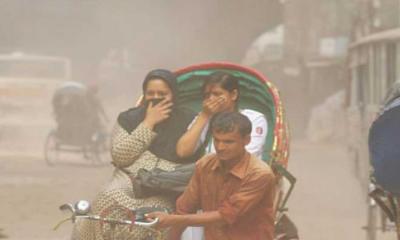
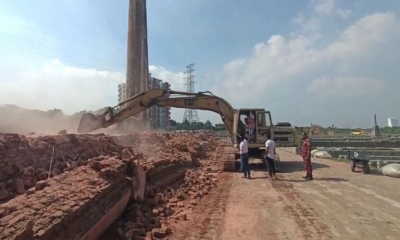
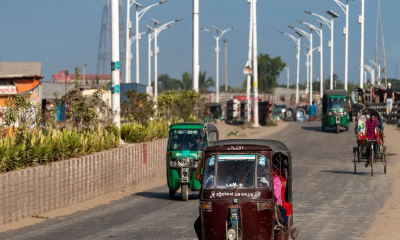
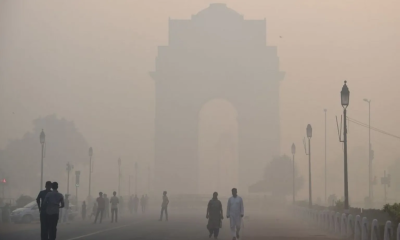
-20251226051932.jpeg)
-20251222051606.jpeg)



-20260217073221.webp)


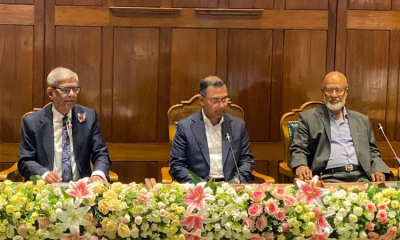

-20260216115008.webp)



















